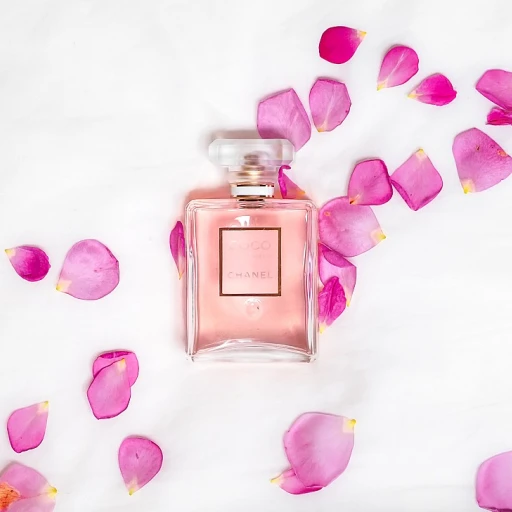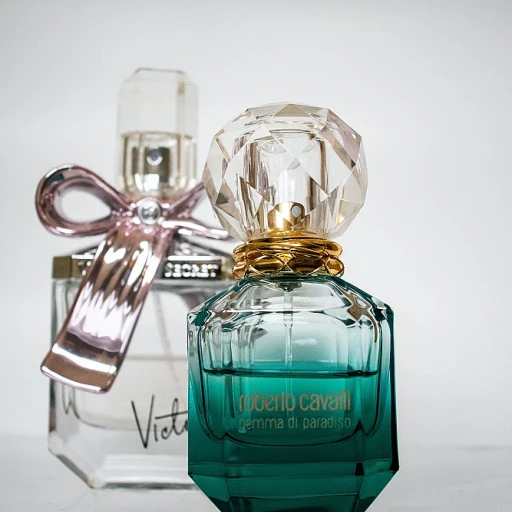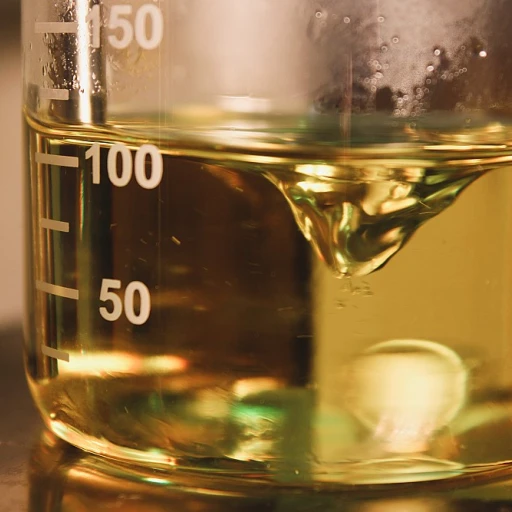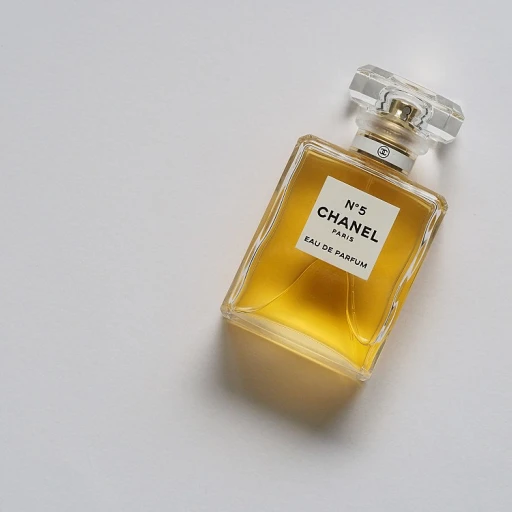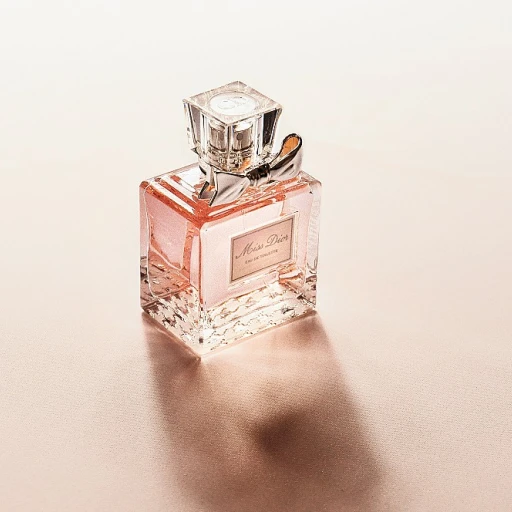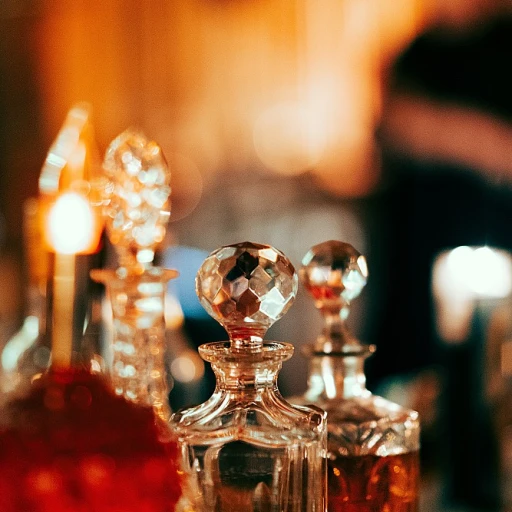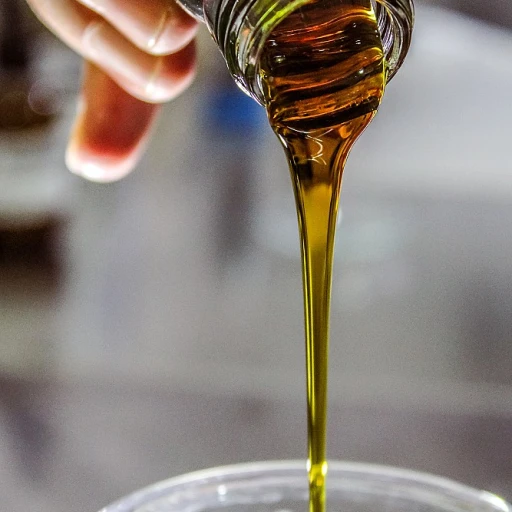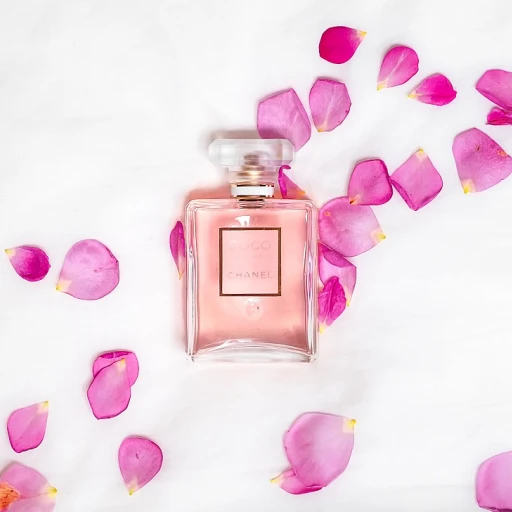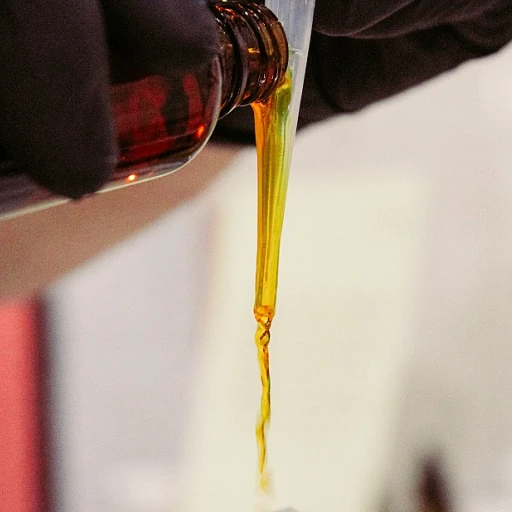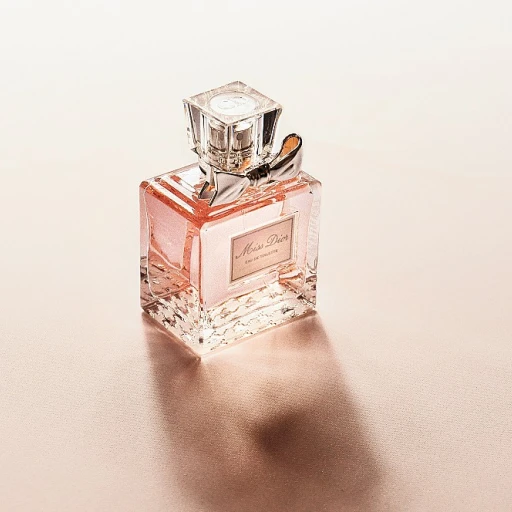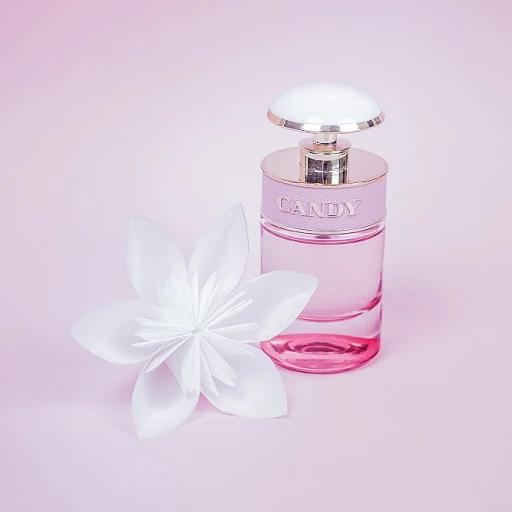
The Basics of Eau de Toilette
Decoding the Charm of Eau de Toilette
The world of fragrances is vast, with various types offering distinct experiences. Among them, eau de toilette holds a special place for its balanced concentration and moderate longevity. As compared to perfumes with higher concentrations of fragrance oils, eau de toilette provides an elegant and subtle option without overwhelming the senses.
The art of perfumery assigns a particular structure to each fragrance category. Eau de toilette typically contains a concentration ranging from 5% to 15% of fragrance oils diluted in alcohol, making it lighter and more wearable for daily use. This concentration allows for a scent that closely interacts with your body chemistry, offering a nuanced olfactory experience that is both refreshing and versatile.
One might ponder how long this type of fragrance will last on the skin. On average, an eau de toilette tends to linger for several hours, although this can vary based on multiple factors including application techniques and environmental influences.
Given its unique attributes, understanding how to maximize its wear and selecting the right version for you is crucial, especially if you're aiming for a longer-lasting effect. Recognizing the qualities of this fragrance type can help you appreciate its allure and navigate its application techniques and environmental impacts effectively. For a deeper dive into how scents influence our emotions, you might find this article valuable: How Scents Influence Our Emotions.
Factors Influencing Longevity
Understanding the Components Impacting Scent Duration
When discerning the longevity of your favorite eau de toilette, several key elements come into play. First and foremost, the type and concentration of the fragrance oils directly influence how long a scent will endure. Eau de toilette typically contains a lower percentage of fragrance oils compared to eau parfum or pure perfumes, which generally leads to a shorter lifespan on the skin.
The composition of the perfume oils used, such as whether they are citrusy, floral, or woody, can also contribute to how long a smell lingers. For instance, perfumes with heavy, long lasting base notes like those found in eau cologne, such as musk or oud, tend to last longer than lighter top notes.
Furthermore, the interaction of the fragrance with your body chemistry, including your skin type—dry or oily—plays a crucial role. Oily skin types often have the advantage of retaining scents longer, while fragrance on dry skin might evaporate more quickly.
Another factor impacting perfume longevity is the original price and regular price considerations. Higher-end fragrances often incorporate rare and enduring ingredients that can enhance their staying power beyond regular options found at a sale price.
Lastly, the conditions in which you store your perfume bottle significantly affect how long your scent will last. Storing bottles in a cool, dark place will often preserve the fragrance's integrity. For further insight into the chemistry behind perfumes, read about the allure of Gin Fizz in fragrances, which explores unique aromatic compositions.
Application Techniques for Better Longevity
Optimizing Fragrance Retention on Skin
Applying perfume effectively is a crucial step for ensuring that your chosen fragrance lasts longer throughout the day. While the natural concentration of an eau de toilette is designed for a lighter scent experience compared to other types like eau parfum, strategic application can enhance its longevity.
First, consider the scent's reaction with your skin. Different skin types can influence how long a fragrance lasts. Oilier skin tends to hold aromas longer than drier skin, so you might want to apply a moisturizer before spraying your perfume if your skin is on the drier side. A well-moisturized base can capture and retain fragrance oils effectively, extending the perfume's duration beyond its usual hours.
Spray the perfume on pulse points where the body generates more heat, like the wrists, behind the ears, and the neck. These warm areas encourage the fragrance to blossom and project its scent throughout the day, providing a more lasting aroma. Remember that the concentration of oils in eau de toilette is moderate, so more may be needed to achieve the desired projection and longevity on cooler areas of the body.
Avoid rubbing your wrists together after applying fragrance, as this can break down the scent's molecules and diminish the expected longevity of your perfume. Instead, let the scent naturally settle into your skin.
Finally, your fragrance choice should align with environmental factors. Warmer climates might necessitate a lighter application to prevent overwhelming scents, while cooler regions might require a bit more for the perfume to last to its full potential.
Environmental Impact on Fragrance Duration
Understanding External Factors Influencing Fragrance Duration
The environment plays a crucial role in how long a perfume lasts on your skin. Various environmental aspects can influence the longevity of your eau de toilette more than you might realize. Recognizing these factors will help you in selecting and applying your perfume, ensuring the fragrance remains impactful throughout the day.
Firstly, temperature greatly affects the diffusion and persistence of the scent. Typically, in warmer conditions, the increased heat causes fragrance oils to evaporate faster. If you're in a hot climate, your perfume might not last as long. Conversely, cooler weather can prolong the scent, allowing the fragrance to develop over more hours.
Humidity is another critical element. High humidity levels can intensify the scent briefly, but may not necessarily make it stick to the skin longer. Dry environments can tend to disperse fragrances more efficiently, but they generally lead to a shorter lifespan of the aroma on you.
Your personal skin type is also significant. Those with oily skin will likely experience longer eau cologne retention because natural oils can help hold onto the fragrance. For people with dry skin, perfumes might evaporate more rapidly, which can lead to a shorter scent life.
Finally, consider any nearby sources of strong odors. Air pollution, cigarette smoke, or even certain foods can interfere with your perfume's integrity. By understanding the interplay of these factors, and revisiting how perfumes' concentration is another dimension to consider, you can better choose a fragrance and adapt your application techniques to make your favorite toilette eau a long-lasting staple, even at a sale price.
Choosing the Right Eau de Toilette for Longevity
Enhancing Longevity through Smart Choices
When selecting your eau de toilette, it's crucial to consider how different aspects of your perfume might affect its staying power. The concentration type, fragrance notes, and even the brand's formulation play a pivotal role in how long a perfume lasts on your skin.- Concentration Matters: Eau de toilette, while generally less concentrated than perfume or eau de parfum, can offer impressive longevity when composed with potent fragrance oils. Typically, eau de toilette contains about 5-15% fragrance concentration, which influences how long it will last on the skin. A higher concentration, albeit at a regular price or sometimes a sale price, may assure a fragrance that lingers longer.
- Understanding Notes: Selecting fragrances with base notes that are inherently long-lasting can also enhance the duration of your scent. Woody or musky notes have a reputation for longevity, as they tend to adhere better to the skin and evaporate less quickly than floral or citrus top notes.
- Brand and Quality: The quality of the fragrance oils used can impact how long your chosen eau toilette eau will last. Opt for trusted brands known for their artistry and quality, rather than just settling for the most affordable option. Remember, a saving in price does not always equate to a good deal when it comes to perfume longevity.
Maintaining Your Fragrance Collection
Tips for Preserving Your Fragrance Collection
To ensure that your eau de toilette, perfume, or any other type of fragrance lasts longer, proper maintenance of your fragrance collection is essential. It seamlessly connects to understanding factors that influence the longevity of scents, as well as correct application techniques.- Store in Cool, Dark Places: Heat and light can alter the molecular structure of fragrance oils in perfumes, affecting their scent and longevity. Keep perfume bottles in dark, cool places, avoiding windowsills and exposure to sunlight.
- Securely Tightly Lidded: Once you've finished applying perfume, tighten the cap on the bottle to prevent the top notes from evaporating. This will help your fragrance last longer in the bottle.
- Avoid Humidity: For extended perfume longevity, keep them away from humid environments. Humidity can break down the fragrance concentration, making it fade quicker.
- Regular Usage Check: Consistently monitor any changes in your perfume's scent. Regular usage alongside careful observation ensures that you identify any early signs of spoilage.
- Catalog Your Collection: To help track the lifespan and usage of each scent, catalog your perfumes. This provides insight into which fragrances require more frequent use before losing their intended aroma.


